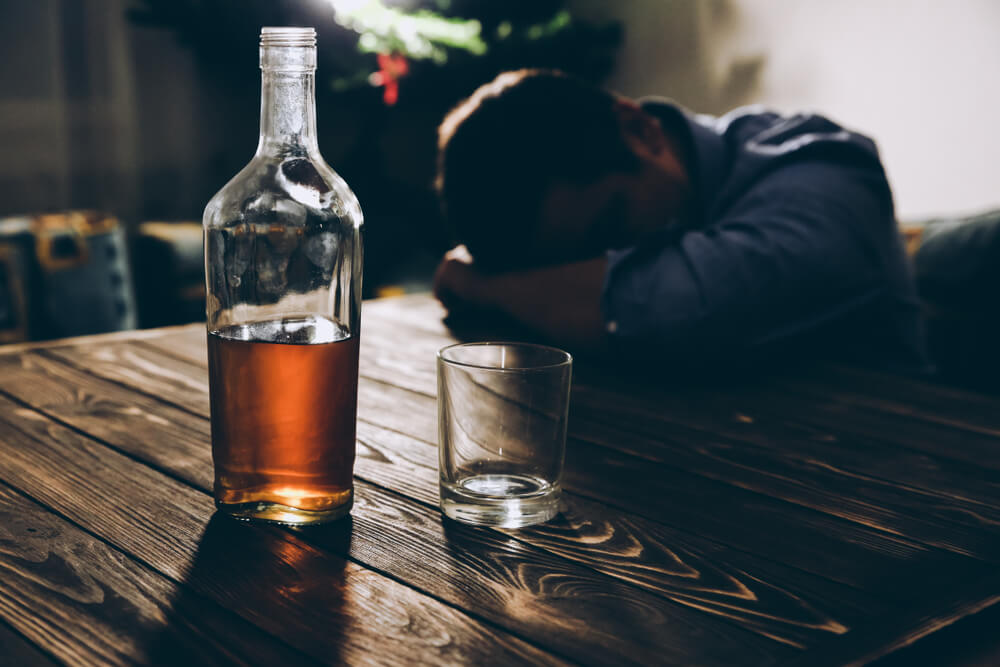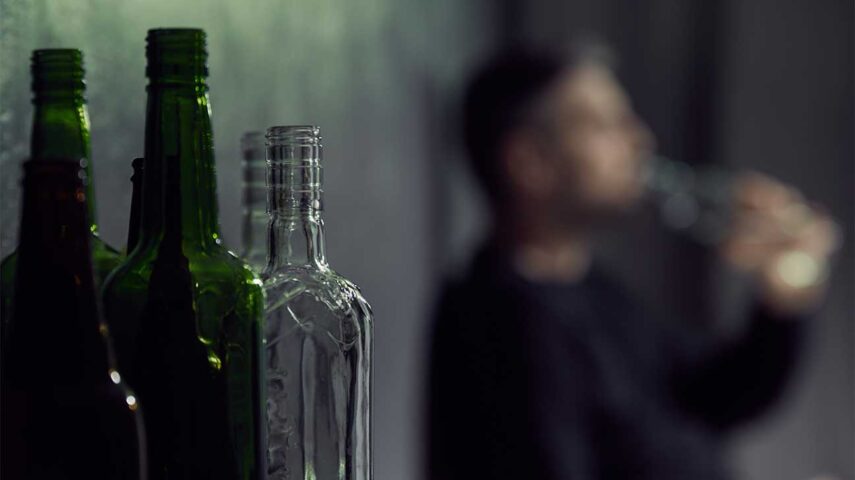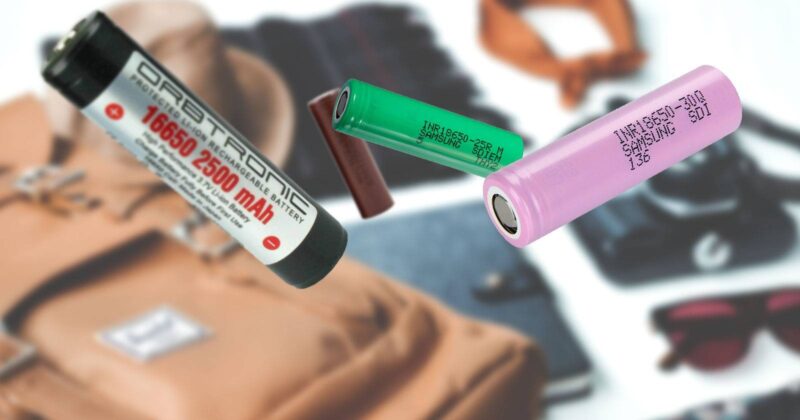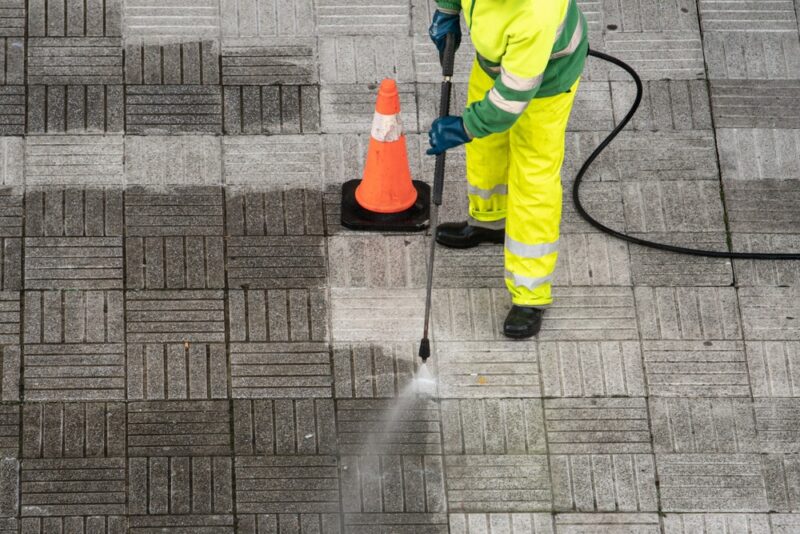Alcohol has always been a sticky subject for people because of its pervasive (but troubling) role in our society.
In the U.S., anyone over the age of 21 can drink alcohol. Since it’s a legal substance, alcohol is much easier to get your hands on than many other highly addictive substances.
Most people fall into one of two categories when it comes to drinking.
Most adults fall into the first bucket – they like to occasionally enjoy an alcoholic beverage or two. While they know alcohol isn’t great for them, they’re able to enjoy the drinks in moderation.
However, in the second bucket are the people who drink too much. Now these people fall into further subcategories. There are the people who make their drinking problem known, by drinking far too much at parties and get-togethers and often making scenes.
There are others who are more subtle in their drinking. Maybe they’ll enjoy several glasses of wine at a dinner party, but they don’t exude any of the typical behaviors of being drunk.
Still others go through much effort to hide their alcohol abuse, drinking bottles of booze at home alone. However, when they go out, they’re able to reel back their alcohol intake to an “acceptable” amount.
When someone is suffering from an addiction to alcohol, they may fall into one of these buckets, or somewhere in between. Sometimes, you can find yourself falling into one of these categories, though you often don’t realize how you got here. Recognizing you have a problem is already a good step forward. When you admit you have a problem, you should seek professional help. If you are an Ontario local, go to Toronto alcohol rehab centers to find a rehab near you and start your treatment immediately.
If you’re concerned about your own, a loved one’s, drinking habits, read on for some tips on what to do.
Be Aware

One of the first, and most important, steps of tackling an alcohol addiction is simply becoming aware that you may have a drinking problem.
Many people get caught in a shame cycle about their alcohol consumption – deep down, they know they shouldn’t be drinking this much. But the underlying factors that drive their addictive behavior – anxiety, depression, trauma – keep them going back to the bottle. They are often so overwhelmed with these feelings of shame that they don’t allow themselves to question if their drinking is too much. So, they continue on, until they reach a breaking point.
If you’re reading this article, you’re past this stage. You’ve recognized that your drinking may be excessive, and you’re wanting to learn what to do about it.
Recognize the “Why”

To identify if you truly have an addiction, keep track of your drinking habits this week. When do you feel compelled to drink? After you’ve had a stressful day at work? After a fight with your significant other? When you’re out at a pub with friends?
The reason behind the drinking is as important as the number of drinks. It’s quite different to have a few drinks when you’re out with friends because you like the taste of beer, versus you’re so filled with social anxiety that you feel like you need to down a few beers when you first arrive to “loosen up.”
It’s also very different when you feel compelled to drink after experiencing feelings of depression or stress. In these cases, you may be using alcohol as a coping mechanism, since you don’t know how to properly process these feelings.
When you start to identify the “why” behind your drinking, you’ll get a better look into if there’s a mental health issue driving your drinking.
Get Some Actual Numbers

When your doctor asks how many drinks you have per week, how many of us start running over our last few weeks, only to end up rounding down?
We often rationalize our drinking habits by thinking: “Well, last week was unusual because I went to that barbeque at Julie’s. I don’t normally drink that much.”
It’s easy to get into this “rounding down” mindset. So, this week (and preferably the next few weeks) keep a record of every drink you have. You don’t have to pull out a notebook and announce your tallying to your friends either. Keep your receipt from the bar and add your total to your weekly tally. If you’re at home, it is typically easy to tally each drink after you have it, since this is where it’s often easy to overlook how many drinks you’re consuming.
At the end of the week, see what your total is. If you’re looking for some numbers to compare yourself to, look to the National Institute on Alcohol Abuse and Alcoholism’s (NIAAA) guide. The NIAAA recommends that women should drink no more than 3 drinks on any single day and no more than 7 drinks per week. For men, they should drink no more than 4 drinks on any single day and no more than 14 drinks per week.
The guidance of daily and weekly consumption is very helpful, because some people may drink 3 drinks a day, and consider themselves fine because they’re not getting drunk every day. However, based on the NIAAA’s guidelines, that would be 21 drinks a week, which is far above the weekly recommended number of drinks.
Making the Decision to Get Help

So, say you tracked your drinking and you noticed that you only drink when you’re anxious, and that you’re averaging 20 drinks a week. At this point, it’s likely a good idea to look into treatment options.
Keep in mind that you’ll likely want to work with a program that can assist with the physical effects of your drinking. If you’ve been drinking 20 alcoholic beverages a week for ten years, your body has grown quite the tolerance to it. If you decide today that you’re going to stop drinking completely, you may experience dangerous withdrawal symptoms, which can include headaches, racing heartbeat, and seizures.
To keep yourself safe, make sure to consult a medical doctor and detox according to their guidance. Some treatment programs integrate this detox into their treatment program, so you don’t need to worry about finding your own doctor to do this.
Also think about what kind of experience you want. Do you want to go to a local, public rehab with 100 people? Or would you prefer to travel to a tropical location and heal with only a handful of other clients, like what is offered at The Exclusive Hawaii?
At this stage, try to take a deep breath and not get overwhelmed. Remember that the fact that you’re aware of your drinking habits and are trying to better yourself is the most important thing you can be doing right now. Everything else will fall into place if you keep up this consciousness.







